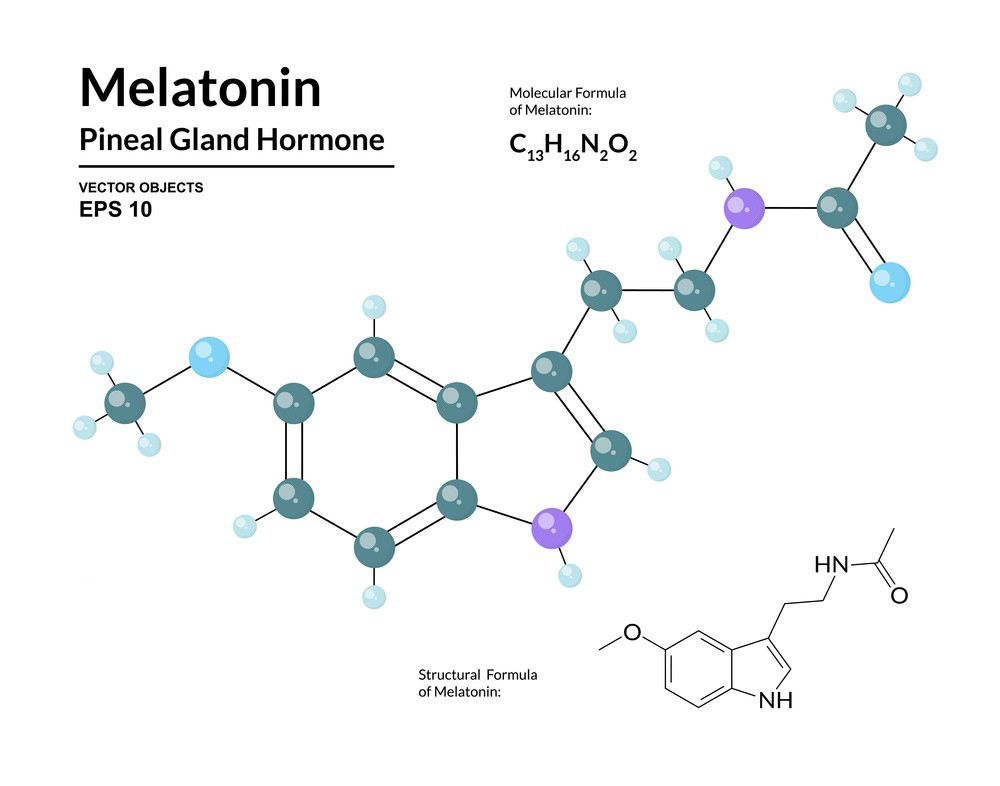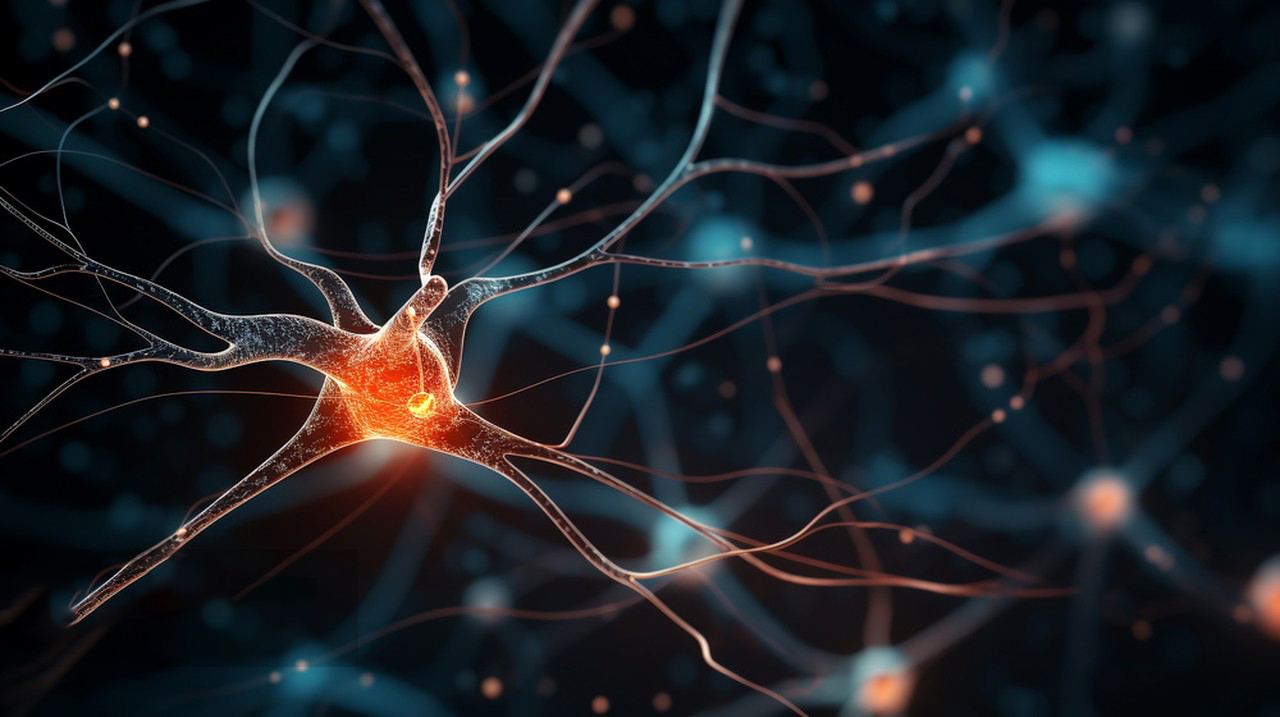Melatonin is a hormone primarily produced by the pineal gland in the brain, and it plays a critical role in regulating sleep-wake cycles. Beyond its primary role in sleep regulation, melatonin has various applications across medical, therapeutic, and research fields. Below is a summary of its key applications:
1. Sleep Regulation and Disorders
Insomnia: Melatonin supplements are widely used to treat both primary and secondary insomnia, especially for individuals with difficulty falling asleep.
Circadian Rhythm Disorders: Effective in managing conditions like:
- Jet Lag: Helps reset the internal clock after traveling across time zones.
- Shift Work Sleep Disorder: Aids in adjusting the sleep-wake cycle for night shift workers.
- Delayed Sleep Phase Disorder (DSPD): Assists individuals whose natural sleep times are significantly delayed.

2. Neurological and Mental Health Applications
- Anxiety Reduction: Often used before surgeries or medical procedures to alleviate preoperative anxiety.
- Depression-Related Sleep Issues: Helps manage sleep disturbances linked with depression.
- Neurodegenerative Diseases: Investigated for its neuroprotective effects in conditions such as Alzheimer’s disease and Parkinson’s disease due to its antioxidant properties.
3. Antioxidant and Anti-Inflammatory Properties
- Oxidative Stress: Melatonin acts as a potent antioxidant, protecting cells from damage caused by free radicals.
- Inflammatory Conditions: Explored for use in conditions such as arthritis and inflammatory bowel disease (IBD).
4. Immune System Support
- Boosting Immunity: May support immune function, particularly during stress or illness.
- Autoimmune Conditions: Investigated for its role in modulating immune responses in autoimmune diseases.
5. Reproductive Health
- Fertility Treatment: Used to improve egg quality and reduce oxidative stress in women undergoing in vitro fertilization (IVF).
- Menstrual Disorders: Assists in managing irregular menstrual cycles associated with disrupted circadian rhythms.

6. Cancer Support
- Adjunctive Therapy: Studied for its potential to improve the efficacy of cancer treatments like chemotherapy and radiation therapy while reducing side effects.
- Antitumor Activity: Research suggests melatonin might inhibit the growth of certain cancer cells due to its antioxidant and immune-regulatory properties.
7. Metabolic and Cardiovascular Health
- Metabolic Syndrome: May help regulate glucose metabolism and improve insulin sensitivity.
- Cardiovascular Diseases: Investigated for its potential to reduce hypertension and oxidative stress in cardiovascular conditions.
8. Eye Health
- Age-Related Macular Degeneration (AMD): Research indicates melatonin may slow the progression of AMD due to its antioxidant effects.
9. Gastrointestinal Health
- Acid Reflux and GERD: May reduce symptoms of gastroesophageal reflux disease by protecting the esophageal lining and regulating stomach acid production.
- Gut-Brain Axis: Explored for its role in the gut-brain connection and its potential benefits for irritable bowel syndrome (IBS).
10. Skin and Aging
- Skin Protection: Used in topical formulations to protect against UV damage and oxidative stress.
- Anti-Aging: Believed to play a role in reducing signs of aging by combating free radical damage.
11. Chronic Pain Management
- Fibromyalgia and Migraine: Melatonin supplementation may help alleviate symptoms of chronic pain conditions.
12. Pediatric Applications
- Developmental Disorders: Used to manage sleep disturbances in children with conditions like autism spectrum disorder (ASD) and attention-deficit/hyperactivity disorder (ADHD).

Cautions and Considerations:
While melatonin is generally considered safe for short-term use, excessive or inappropriate use can lead to side effects such as:
- Daytime drowsiness
- Dizziness or headaches
- Potential interactions with medications (e.g., blood thinners, sedatives).
It’s essential to use melatonin under the guidance of a healthcare provider, especially for long-term applications or in specific populations like children, pregnant women, or individuals with chronic conditions.
